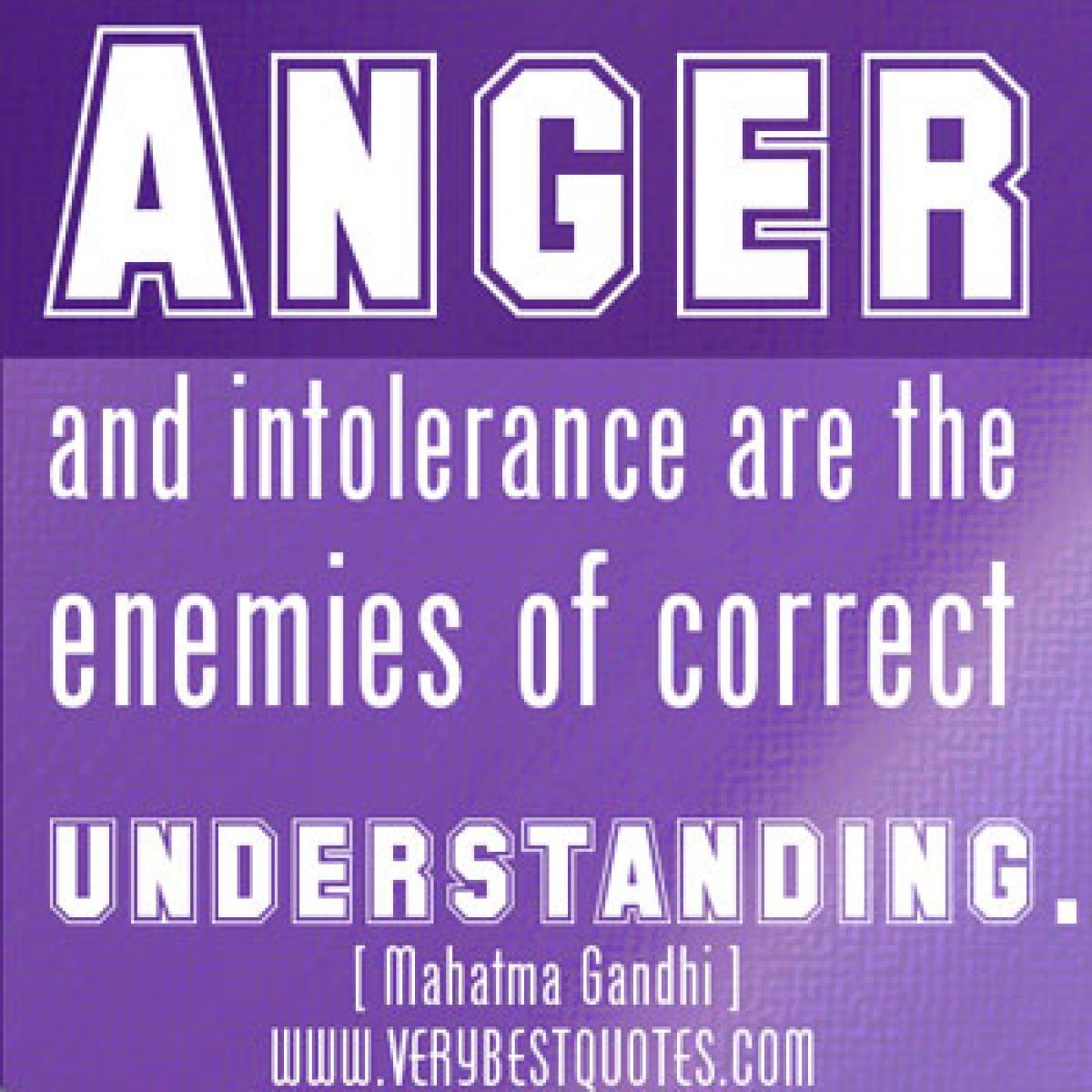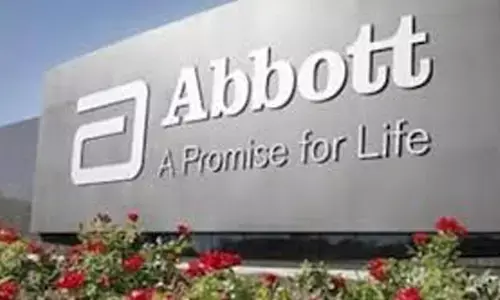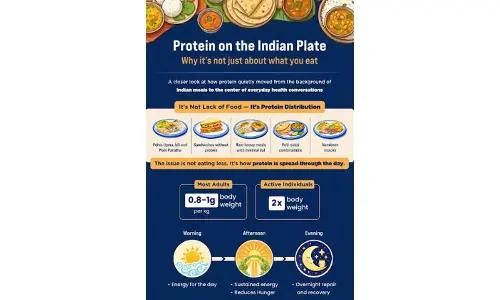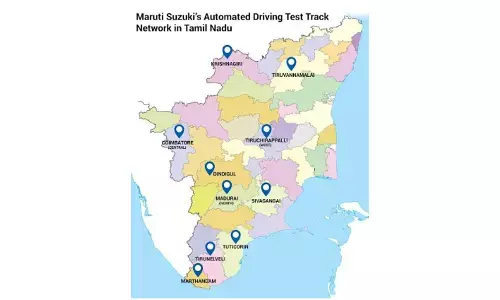Two great democracies in a bind

The ‘intolerance’ debate on in the “world’s largest democracy” that is India, and the “greatest democracy,” the United States of America, is having global echoes as it is being played out in many other societies causing calamities that are more man-made than natural.
 Intolerance debate in India has been mercifully muted after Prime Minister Narendra Modi gave assurances in Parliament, albeit without saying a word on restraint of the motor-mouths in his party ranks.
Intolerance debate in India has been mercifully muted after Prime Minister Narendra Modi gave assurances in Parliament, albeit without saying a word on restraint of the motor-mouths in his party ranks.
But there is fear of its rearing its ugly head again once Parliament session, in a logjam now for reasons other than ‘intolerance,’ is over and the campaign for another state election begins. In the US, Republican Donald Trump called for "a total and complete shutdown" of Muslims entering the US in the aftermath of the California massacre, in what were his most divisive remarks yet following the death of 14 people
The ‘intolerance’ debate on in the “world’s largest democracy” that is India, and the “greatest democracy,” the United States of America, is having global echoes as it is being played out in many other societies causing calamities that are more man-made than natural.
It has been mercifully muted after Prime Minister Narendra Modi gave assurances in Parliament, albeit without saying a word on restraint of the motor-mouths in his party ranks. But there is fear of its rearing its ugly head again once Parliament session, in a logjam now for reasons other than ‘intolerance,’ is over and the campaign for another state election begins.
Without becoming the Prophet of Doom, however, one needs to move on. See, the government is talking to even Pakistan, the supposed destination of exile for anyone critical of the current political stance of the ruling dispensation and its restive political and cultural affiliates out to make hay while their sun shines.
But the US is in its electoral pangs and Indian Defence Minister Manohar Parrikar, on an important visit there to discuss defence-related issues, got caught in an attempt at connecting the two ‘intolerance’ discourses. Parrikar ducked a question on Republican Party’s presidential hopeful Donald Trump's controversial remarks over total shutdown of Muslims entering America.
An American reporter lobbed a loaded question asking Parrikar to respond to Trump's comments in the aftermath of the California shooting. The seasoned minister said the question has the "potential of a nuclear bomb,” and sought to leave it at that. When pressed, his response was apt and wise.
“I'll not comment on what has been talked about in the US, but as far as India is concerned, we have the second largest Muslim population in the world and we gel well. We believe that everyone has equal opportunity and equal rights. Yes, maybe there are a few small pockets of extremism, radicalisation, but they are too few to treat the different sections of society differently.
In India, we have equal rights for everyone, and we don't look towards communities with suspicion. Those who are radicalised, it is a different issue. We tackle them separately, but that is - those who are terrorists," Parrikar said. Bravo, Mr Minister. All Indians would wish that what he said is there, in letter and spirit.
However, the American scene is hot and the question to ask is whether the people of American are going to be “Trumped-up” or “Trumped-down.”
The humiliating “pat down” to which visitors to the United States’ airports have been subjected to since 9/11 happened has not helped make America – and the world, since it is the world leader – a safer place to live. Terror and tension are only exacerbating. But whether a “Trump down”, meaning electing Donald Trump to the presidency is answer to these, the American people have to decide.
The saving grace is the time on hand, a good ten months for the American polls. This should see Trump either getting eliminated from the presidential race or if he wins the Republican Party nomination, defeated.
The race to the American presidency is always exciting and the world eagerly watches every four years. Bets are laid and speculation is made about what the next administration would do, depending upon who wins.
Indians have tended to tilt towards Democrats, since several Republican administrations disliked India. Non-alignment that India propagated was called ‘immoral’ by John Foster Dulles, Secretary of State in a Republican government, who promoted Pakistan’s cause.
Ronald Regan, too, opposed India during the 1971 crisis over Bangladesh liberation. The names he called the then Indian Premier Indira Gandhi while conversing with his chief aide, Henry Kissinger, is a matter of record and much writing.
Ironically, Republican George W Bush, unpopular for many reasons across the world, especially after his 2003 Iraq invasion, was liked by Indians for his initiative to get India on board on civil nuclear deal. And yet, Indians preferred Barack Obama in 2008.
The interest in Republican Bobby Jindal dampened after he all but disowned his ethnic Indian heritage and it was over once he opted out of the race. The preference for Hillary Clinton, known to Indians as a former First Lady during Bill Clinton’s administration, and then as Obama’s secretary of state is clear.
That Hillary has attacked Trump, saying “he is no longer funny” should endear her at home and among the world community that is scared by the Trump tirade. The daily declarations by the millionaire maverick have taken America by storm and the world by a cyclone of fear and anxiety.
What has Trump been saying? According to a statement issued by his campaign, Trump called for "a total and complete shutdown of Muslims entering the US until our country's representatives can figure out what is going on."
Trump called for "a total and complete shutdown" of Muslims entering the US in the aftermath of the California massacre, in what were his most divisive remarks yet following the death of 14 people. Trump's comment drew widespread global condemnation, including from his party's rival candidates and the White House.
But then, Trump is cleverly playing on the fears of common Americans. Even as his observations are being widely condemned, he is garnering wide public support. Statistics show that Trump remains the focus of the race for many Republicans, for better or worse, since the party has been out of power for seven years.
He now has support of 35 per cent of the Republican Primary voters, which is a substantial increase from late October. Nineteen per cent Americans, up from four per cent, have said terrorism was the most important problem, obliquely supporting the Trump viewpoint.
This is a question of perceptions. While there are no surveys and no statistics, it is generally accepted in India that terrorism is a serious issue since the country has suffered it for over 25 years, including attacks on their parliament and on Mumbai, their premier commercial hub.
The issue is distant and more recent, but nonetheless serious for the Americans who are more fearful about the likelihood of another terrorist attack than at any other time since the weeks after September 11, 2001. This gnawing sense of dread has helped lift Donald Trump to a new high among Republican primary voters, according to a New York Times/CBS News poll.
In the aftermath of attacks by Islamic extremists in Paris and in San Bernardino, California, a plurality of the American public views the threat of terrorism as the top issue facing the country. Trump, who has called for monitoring mosques and even barring Muslims from entering the US, has been the clear beneficiary of this moment of deep anxiety.
While Trump may be benefiting among Republicans from a perceived loss of safety, he remains a highly divisive figure with the broader electorate. Sixty-four per cent of voters said they would be concerned or scared about what he would do if he became the President.
However, the Republicans’ trepidation about another act of terrorism is having less effect on the Democratic Party contest. Democratic voters expressed more confidence in Hillary Clinton's ability to respond to terrorism than they did in her competitor Bernie Sanders. Clinton has the support of 52 per cent of Democratic primary voters, while Sanders takes 32 per cent.
Time and the campaign ahead make any speculation difficult. But with Trump as candidate, Hillary could get a walk-over. The lesson for us Indians is: extremism of any time does not pay.











